What George Floyd’s Death Should Remind Us about Justice and the Gospel
by Russell Moore
The officers involved have been fired, and protests are underway, while a nation asks, “How can this keep happening?”
As with every other issue here, the problems underlying all of this will need to be addressed both to consciences and to institutions.
Biblical Responsibility
The powers-that-be have a biblical responsibility to be just in how they wield the rightful use of the law. That is why John the Baptist said to the soldiers and tax collectors after they had repented of sin and been baptized, “Collect no more than you are authorized to do” and “Do not extort money from anyone by threats or by false accusation” (Luke 3:13-14).
Why was this addressed to the tax collectors and soldiers and not to the general population of those at the Jordan River? It was because they were the ones responsible for making such decisions. Decisions that could exploit vulnerable people unjustly.
In our system of government, that responsibility rests, ultimately, with all citizens.
Does that mean that we will know, in every case, how to see to it that racial injustices do not happen? No. The Samaritan probably did not have a comprehensive understanding of how to nurse the man beaten on the Jericho Road back to health. That does not mean he could, like the priest and Levite, avert his eyes.
Recognize the Wrong
The first step toward doing right is to recognize that something is wrong.
This also means that white Christians must join our black and brown brothers and sisters in Christ in recognizing that racism and impartiality in justice—wherever and however this occurs—is a problem. Not just for our lives as citizens in a free country but also as ambassadors of a kingdom of those who are united together under the headship of Christ by the Holy Spirit.
As I have written before repeatedly, the obstacles here are not new. Whether in 1820 or 1920 or 2020 there will always be those who will say that issues of racism and injustice are “distractions” from the gospel.
As some did with slavery and others with lynching and others with the Jim Crow regime, there will be those who will say that anyone who says “Jesus does not like this” will be called a “Communist” or a “Social Gospel” advocate or some sort of postmodern critical theorist, when, in reality, what is behind such is not any of that but instead a commitment to the inerrancy of Scripture.
Respond Based on the Truth of Scripture
The Scripture is what tells us:
- that the idolization of the flesh is sin
Galatians 5:16-24 (NLT2) 16 So I say, let the Holy Spirit guide your lives. Then you won’t be doing what your sinful nature craves.17 The sinful nature wants to do evil, which is just the opposite of what the Spirit wants. And the Spirit gives us desires that are the opposite of what the sinful nature desires. These two forces are constantly fighting each other, so you are not free to carry out your good intentions.18 But when you are directed by the Spirit, you are not under obligation to the law of Moses.19 When you follow the desires of your sinful nature, the results are very clear: sexual immorality, impurity, lustful pleasures,20 idolatry, sorcery, hostility, quarreling, jealousy, outbursts of anger, selfish ambition, dissension, division,21 envy, drunkenness, wild parties, and other sins like these. Let me tell you again, as I have before, that anyone living that sort of life will not inherit the Kingdom of God.22 But the Holy Spirit produces this kind of fruit in our lives: love, joy, peace, patience, kindness, goodness, faithfulness,23 gentleness, and self-control. There is no law against these things!24 Those who belong to Christ Jesus have nailed the passions and desires of their sinful nature to his cross and crucified them there.
- that hatred of those made in the image of God is sin
1 John 3:11-15 (NLT2) 11 This is the message you have heard from the beginning: We should love one another.12 We must not be like Cain, who belonged to the evil one and killed his brother. And why did he kill him? Because Cain had been doing what was evil, and his brother had been doing what was righteous.13 So don’t be surprised, dear brothers and sisters, if the world hates you.14 If we love our Christian brothers and sisters, it proves that we have passed from death to life. But a person who has no love is still dead.15 Anyone who hates another brother or sister is really a murderer at heart. And you know that murderers don’t have eternal life within them.
- that mistreating people with the justice system is sin
Proverbs 17:15 (NLT2) 15 Acquitting the guilty and condemning the innocent— both are detestable to the LORD.
Proverbs 23:10 (NLT2) 10 Don’t cheat your neighbor by moving the ancient boundary markers; don’t take the land of defenseless orphans.
- that ignoring the cries of those being mistreated is sin
Deuteronomy 23:14-16 (NLT2) 14 The camp must be holy, for the LORD your God moves around in your camp to protect you and to defeat your enemies. He must not see any shameful thing among you, or he will turn away from you.15 “If slaves should escape from their masters and take refuge with you, you must not hand them over to their masters.16 Let them live among you in any town they choose, and do not oppress them.
James 5:4 (NLT2) 4 For listen! Hear the cries of the field workers whom you have cheated of their pay. The wages you held back cry out against you. The cries of those who harvest your fields have reached the ears of the Lord of Heaven’s Armies.
And the Scripture tells us that that sin, without repentance, brings the judgment of God
Romans 6:23 (NLT2) 23 For the wages of sin is death, but the free gift of God is eternal life through Christ Jesus our Lord.
That is true not only for those who personally rebel against God’s holiness and justice but also those who “give approval to those who practice them”
Romans 1:32 (NLT2) 32 They know God’s justice requires that those who do these things deserve to die, yet they do them anyway. Worse yet, they encourage others to do them, too.
That is a dreadful reality, to which those of us in Christ are called to serve as ambassadors pleading, as though Christ were pleading through us, “be reconciled to God”
2 Corinthians 5:20 (NLT2) 20 So we are Christ’s ambassadors; God is making his appeal through us. We speak for Christ when we plead, “Come back to God!”
Often those charging “liberalism” of Bible-believing people who lament the ongoing problem of racial injustice are revealing that there is indeed a problem with “liberalism,” and it is theirs.
All Scripture is breathed out by God, and is therefore profitable.
2 Timothy 3:16-17 (NLT2) 16 All Scripture is inspired by God and is useful to teach us what is true and to make us realize what is wrong in our lives. It corrects us when we are wrong and teaches us to do what is right.17 God uses it to prepare and equip his people to do every good work.
And the Scripture speaks—from Moses to the prophets to Jesus to the apostles to the early church of Acts and beyond—to such matters. To avoid such Scriptures or to ignore them is just as “liberal” as those who do the reverse—and emphasize the so-called “social morality” texts while downplaying those that call for personal repentance and faith or those that call for so-called “personal morality.”
Sin Is Not Blotted Out By Ignoring It
It’s the kind of “liberalism” that believes sin can be blotted out by ignoring it, or by sanctifying it, or by trusting the blind forces of history to move beyond it. The unbelieving world can see this for what it is. Those growing up in the church can see it, too. And, the truth is, so can the consciences of those involved.
But the greater obstacle for the vast majority of Christians, white or black or otherwise, is exhaustion. Again, some ask in lament and others in weariness, “How many times is this going to happen?” For some, the result is numbness, and for others it is despair. Both of those options lead to the same place. As Christians under the lordship of Jesus, though, we can have neither of those.
God, Give Us Wisdom
That doesn’t mean that we will know every step that we should take. Do we with anything? We will need wisdom.
And that doesn’t mean that we can resolve all of the issues? Can we with anything? “There will never cease to be poor in the land,” God revealed to us through Moses.
Does that mean we should then give up on seeing them? God (quite literally) forbid. God says, “Therefore I command you, ‘You shall open wide your hand to your brother, to the needy and to the poor, in your land’” (Deut. 15:11).
The initial reports about the George Floyd case—as with so many of the others—are bewildering. But we know this. A man is dead, and for that we should weep.
We also know this. These awful scenarios keep happening. We know about such things these days because of video recordings, but God has known about such things all along.
Some of the tasks before us—both in forming our consciences and in reforming some of our institutions—may be complicated. We might not always know how to proceed. But the questions before us are real. The questions before us are long-lasting. And the questions before us are not distractions.
In fact, the distraction is to say that we shouldn’t be asking such questions at all!
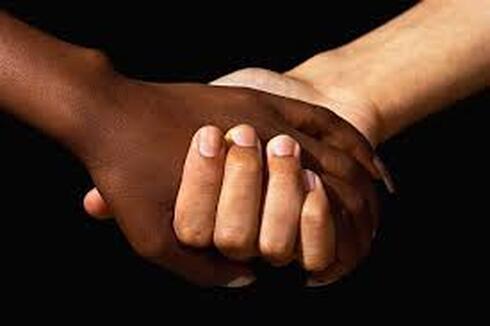

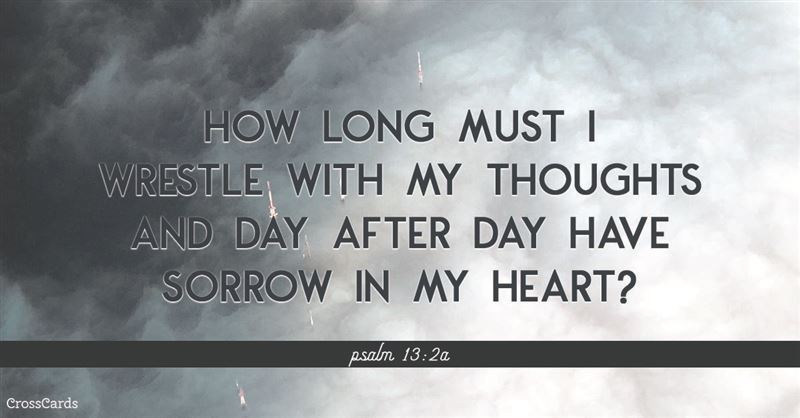

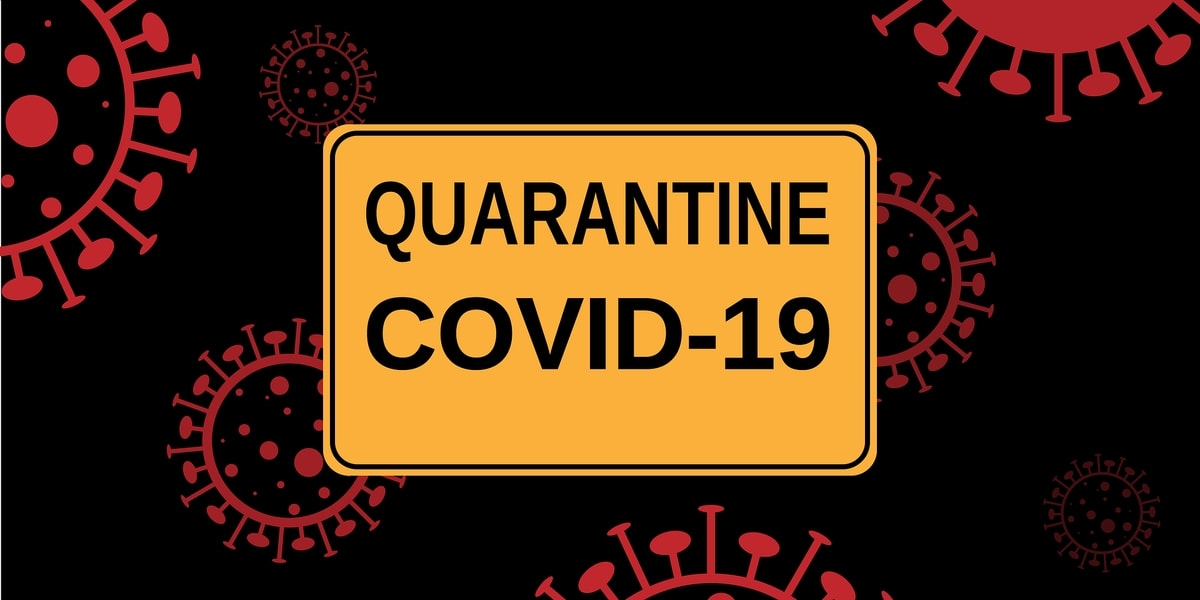
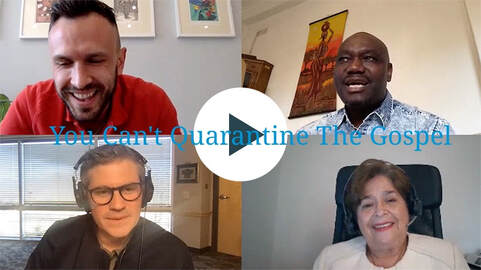






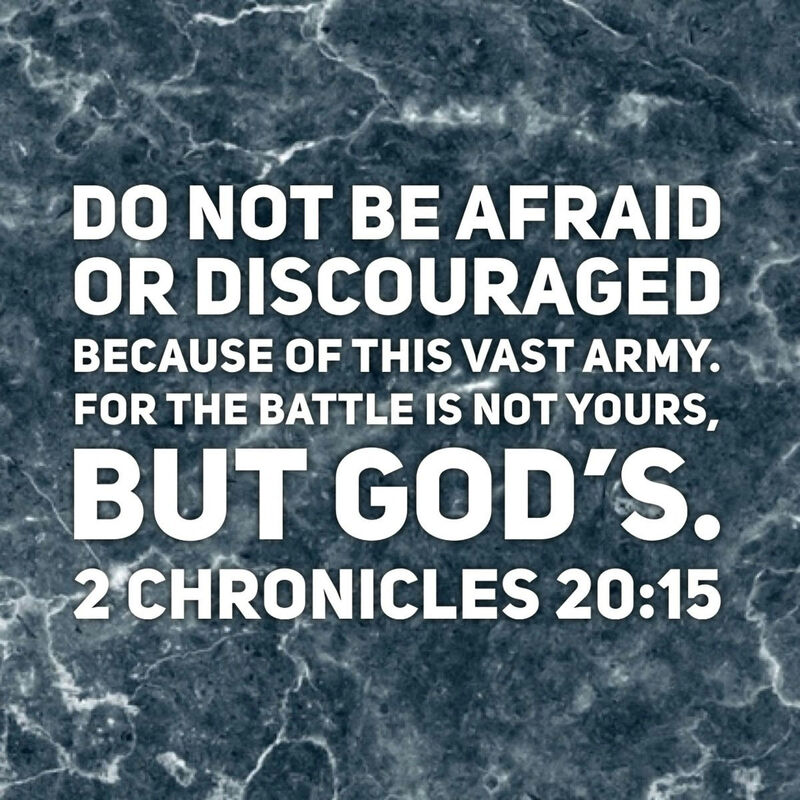
 RSS Feed
RSS Feed